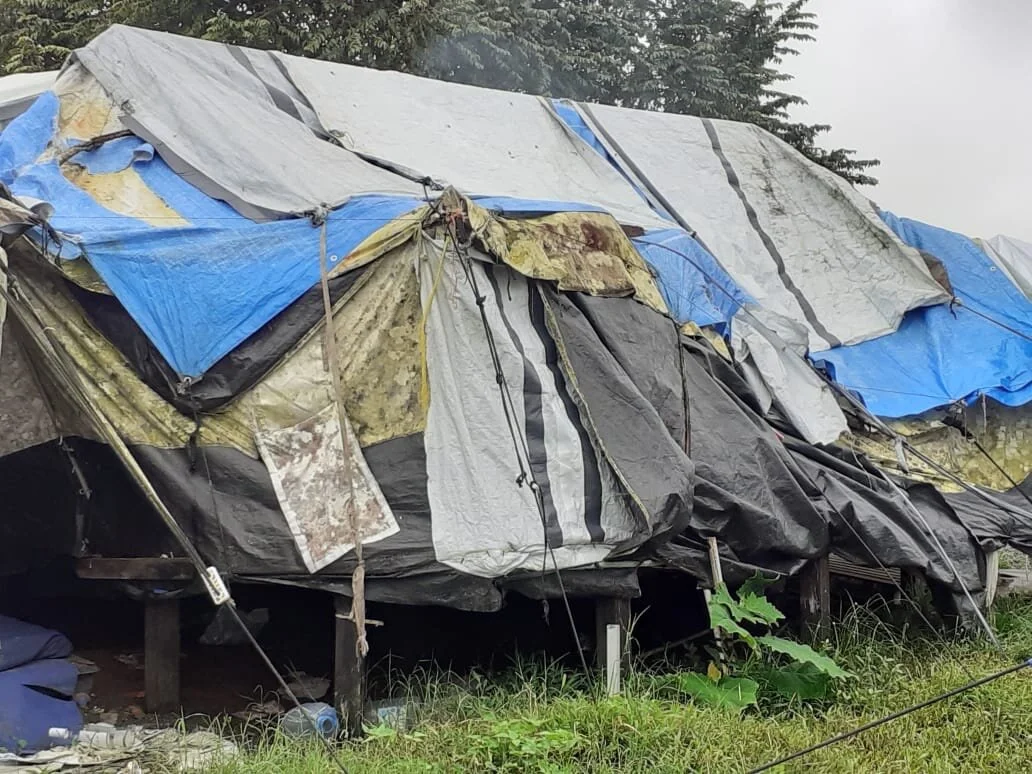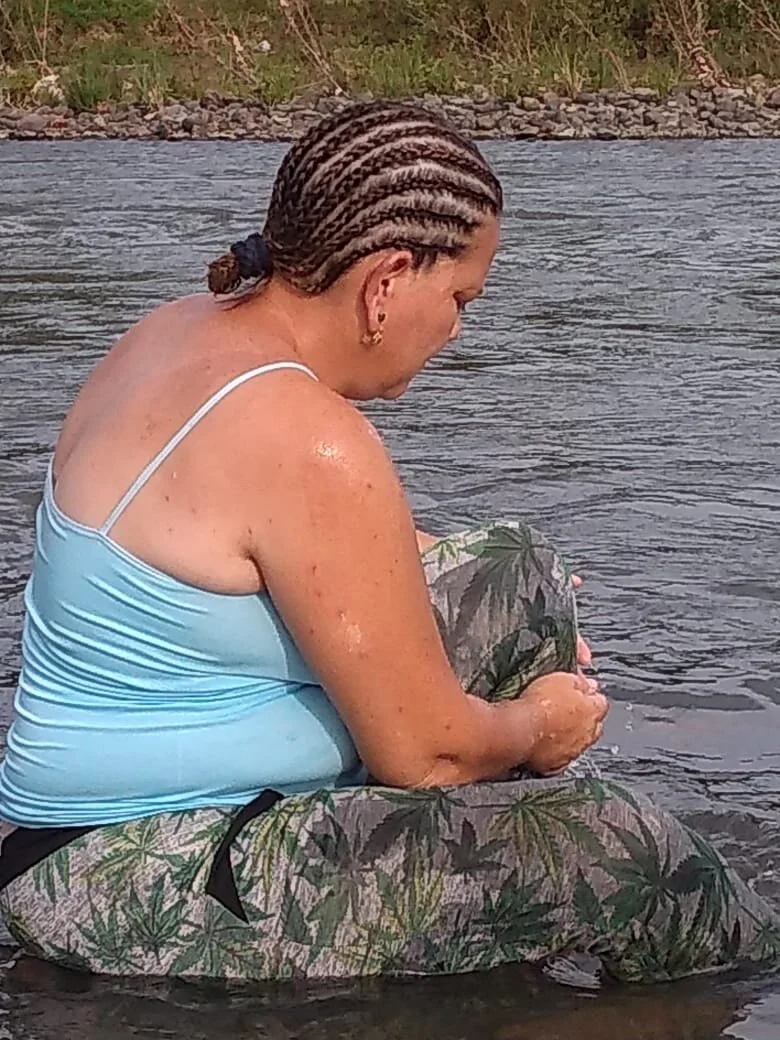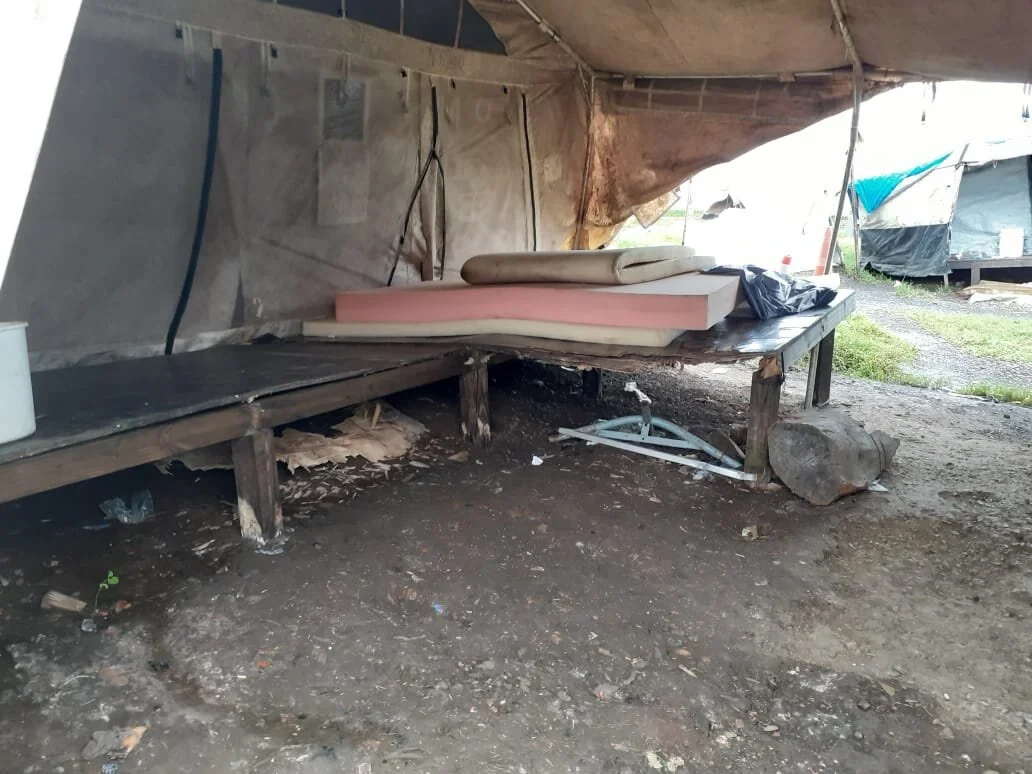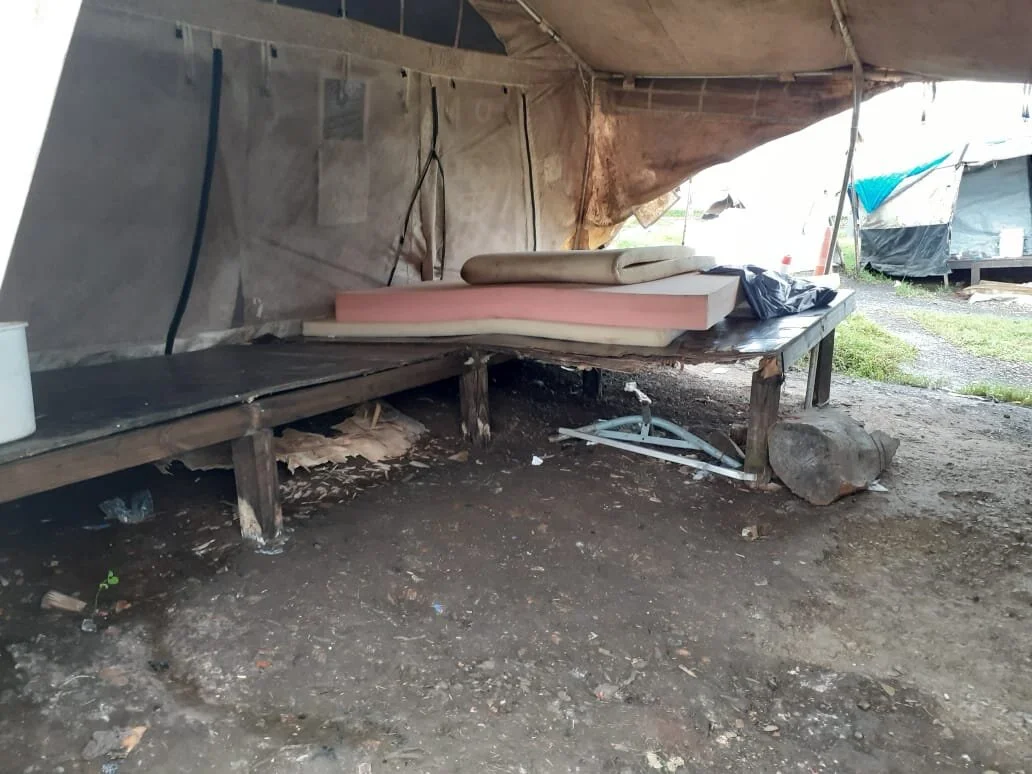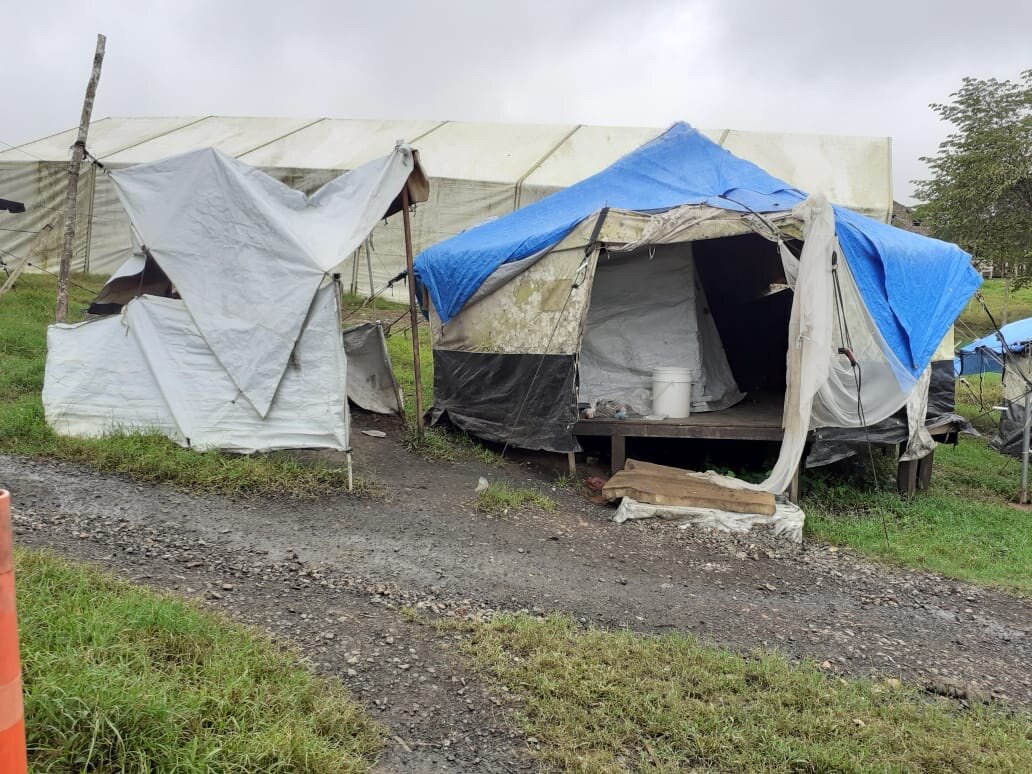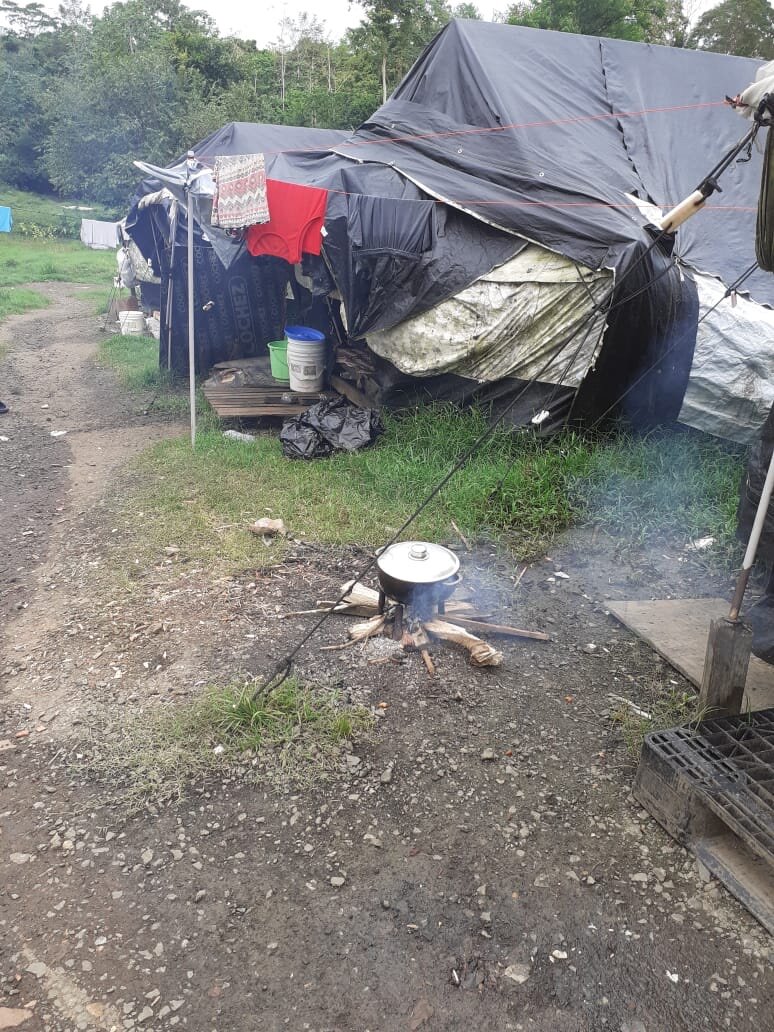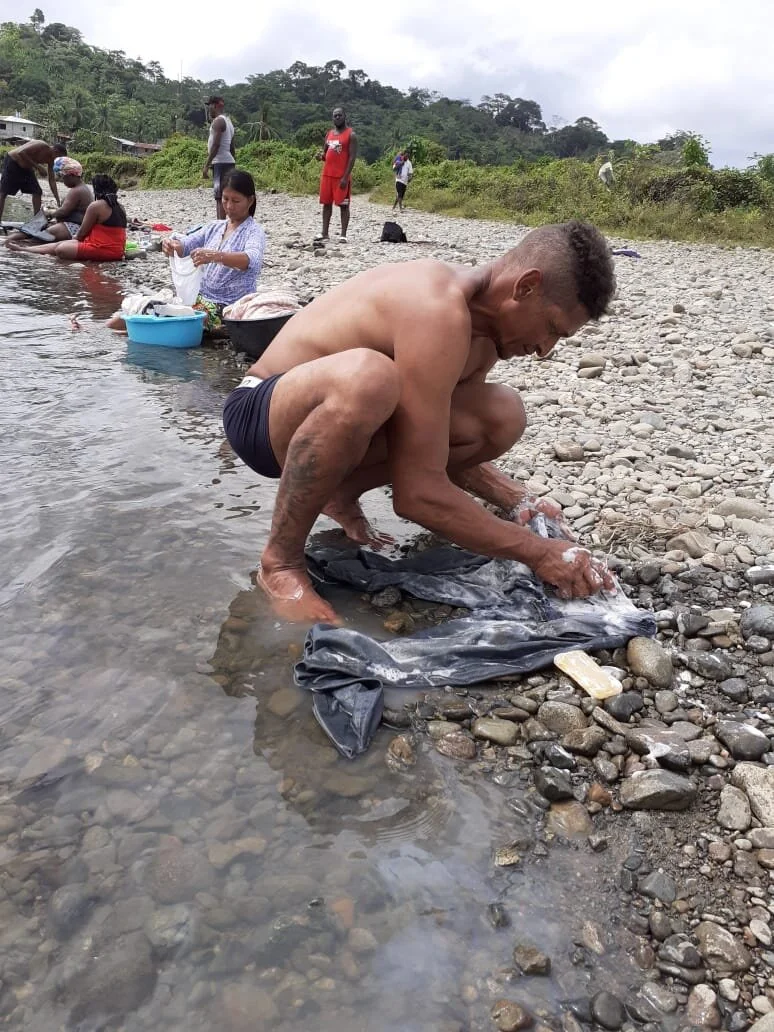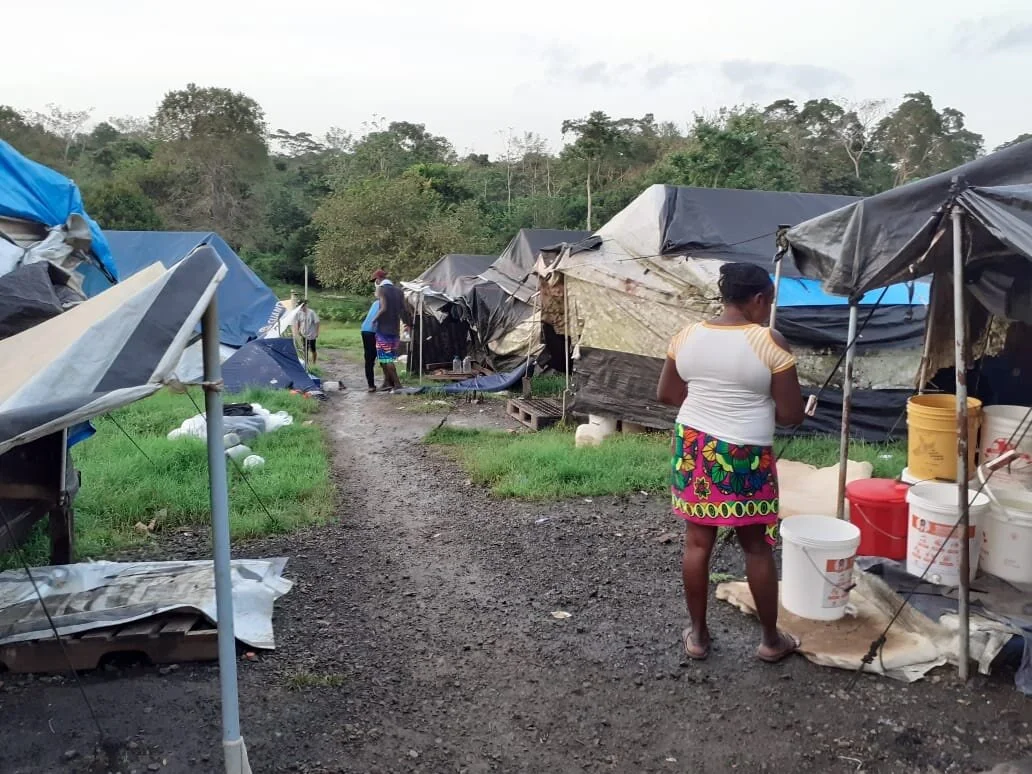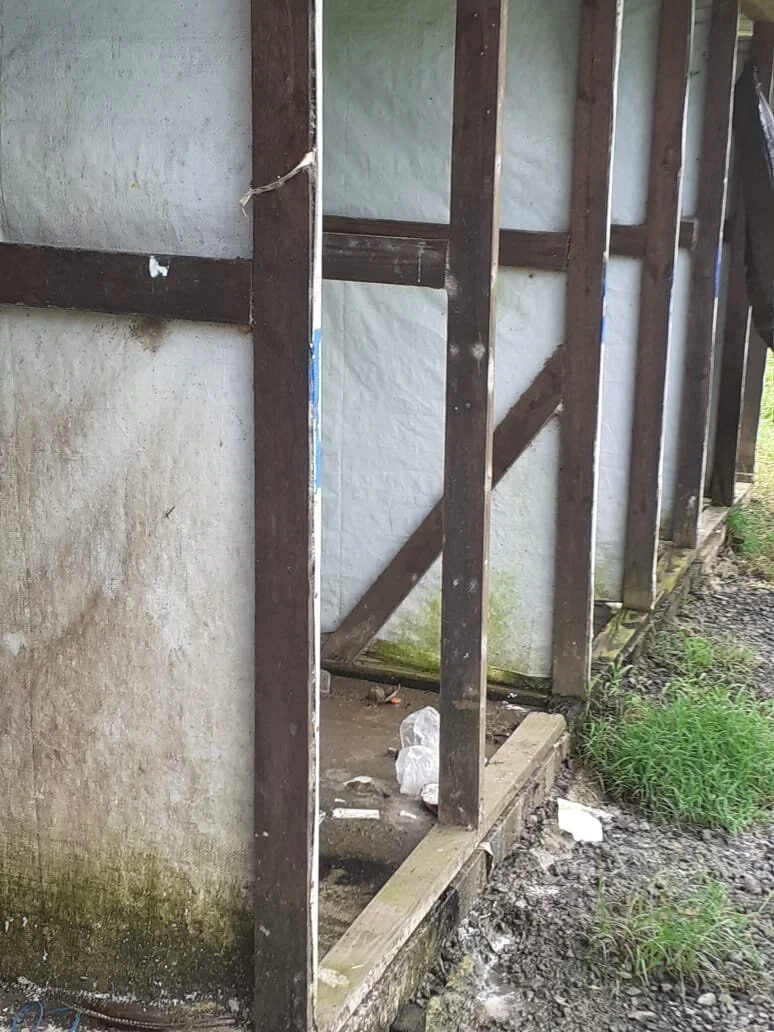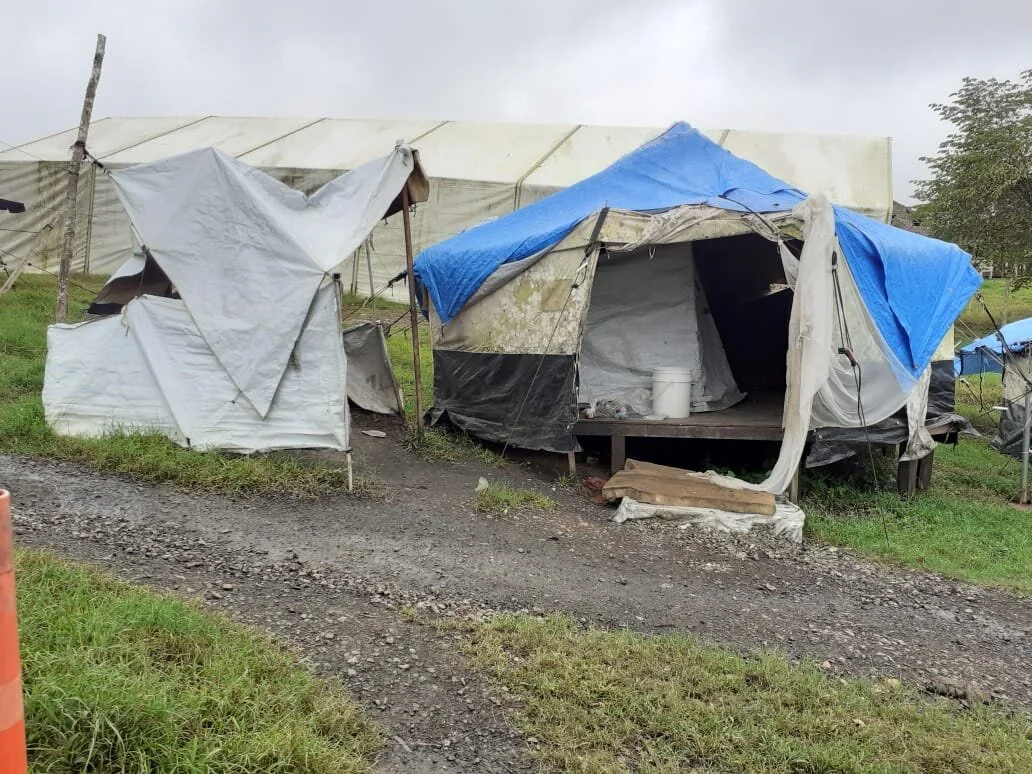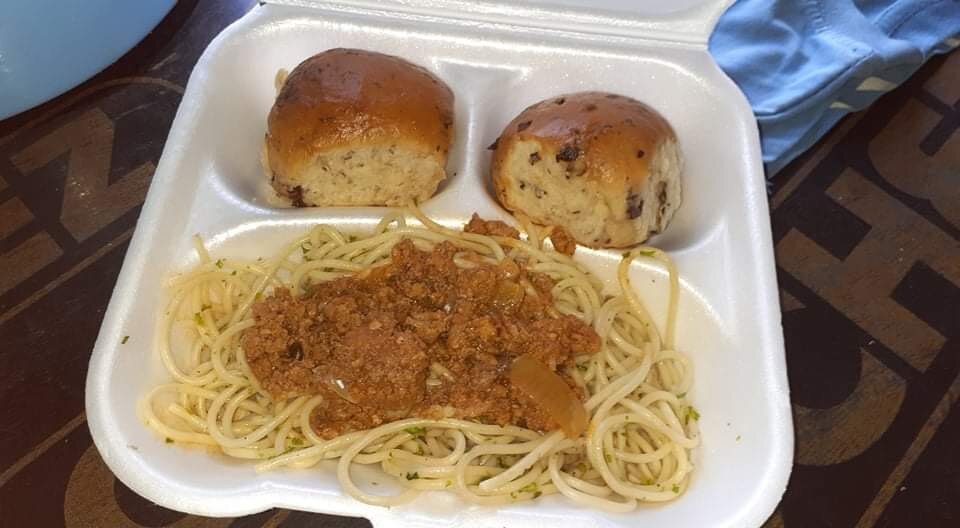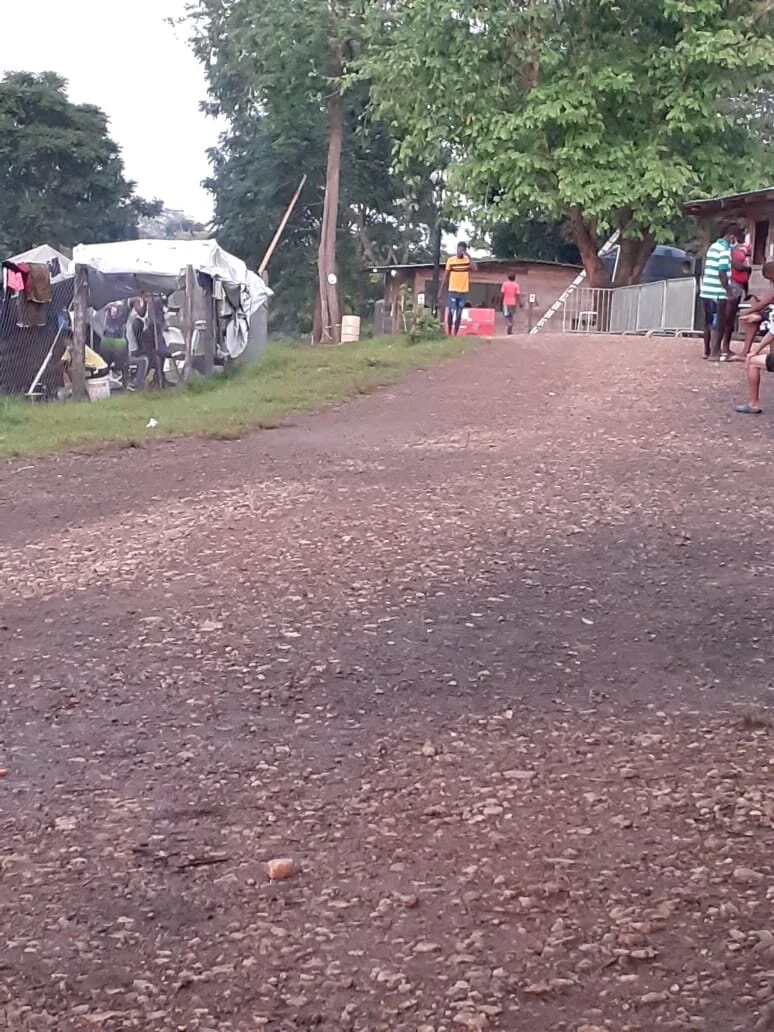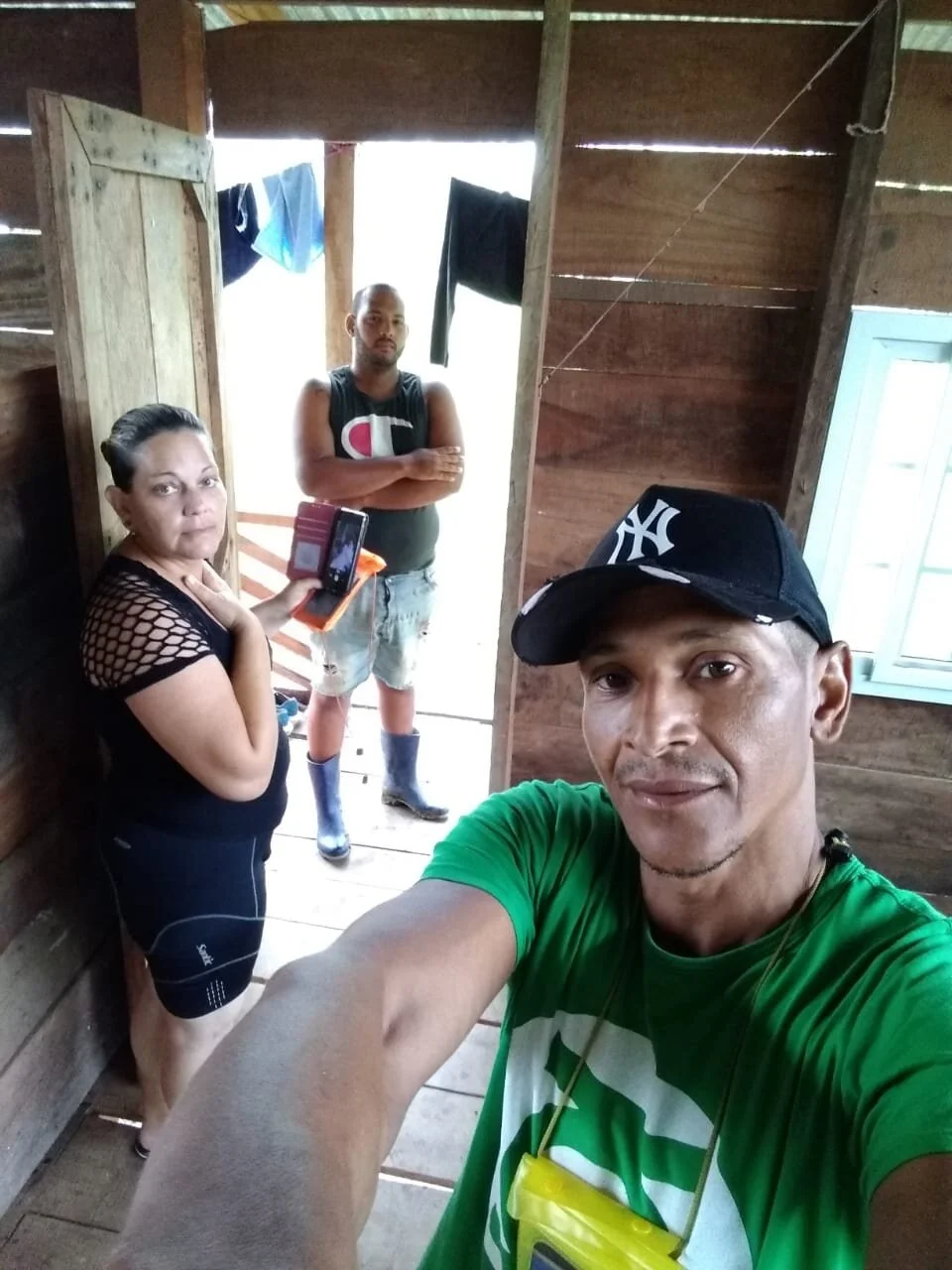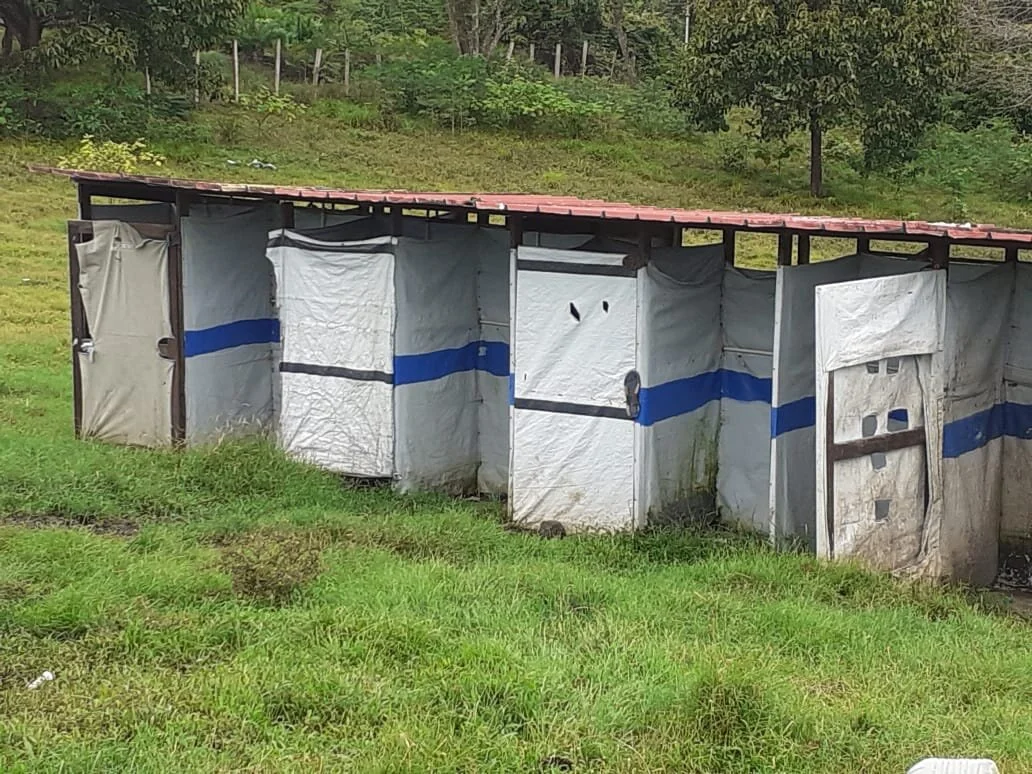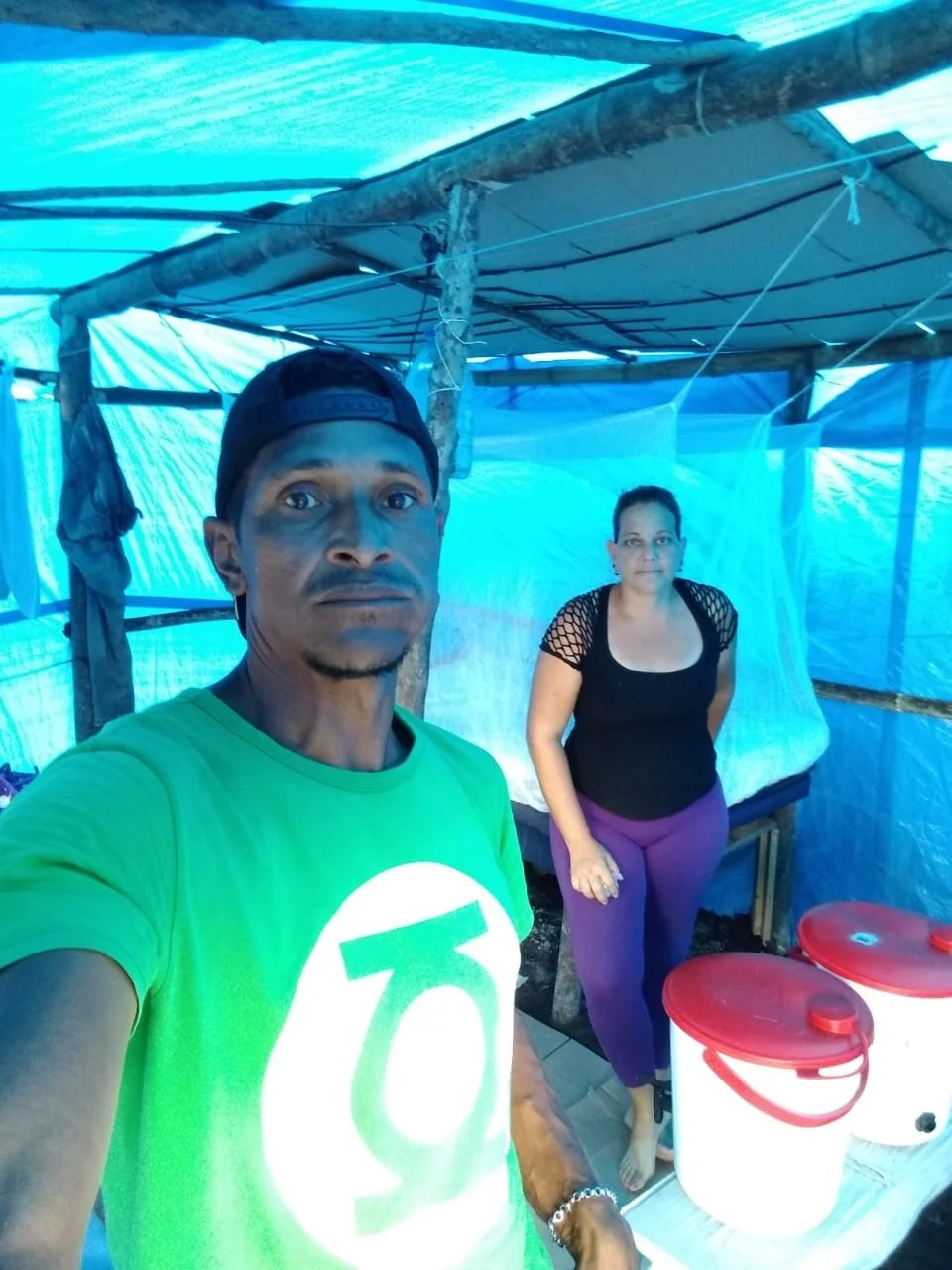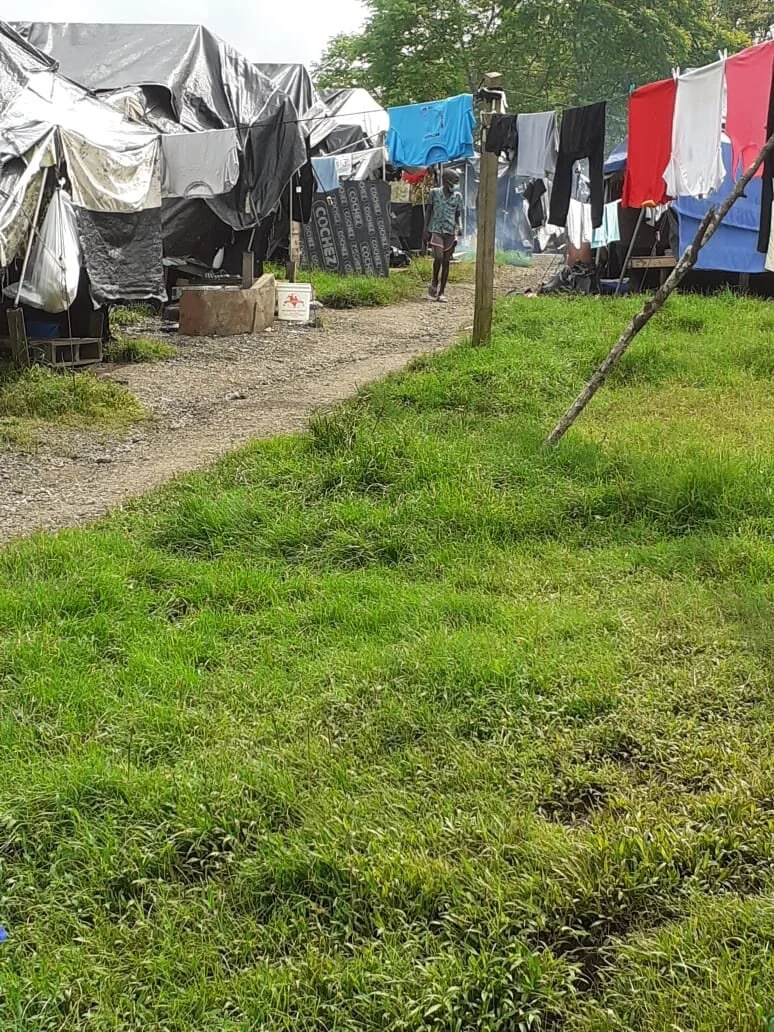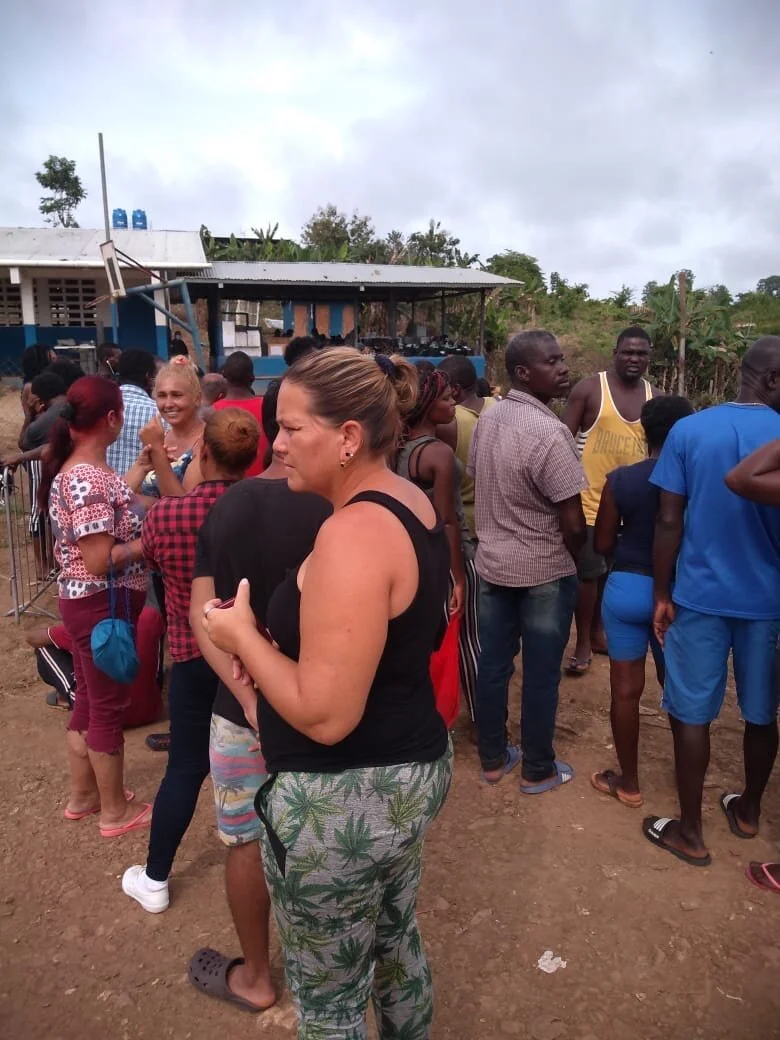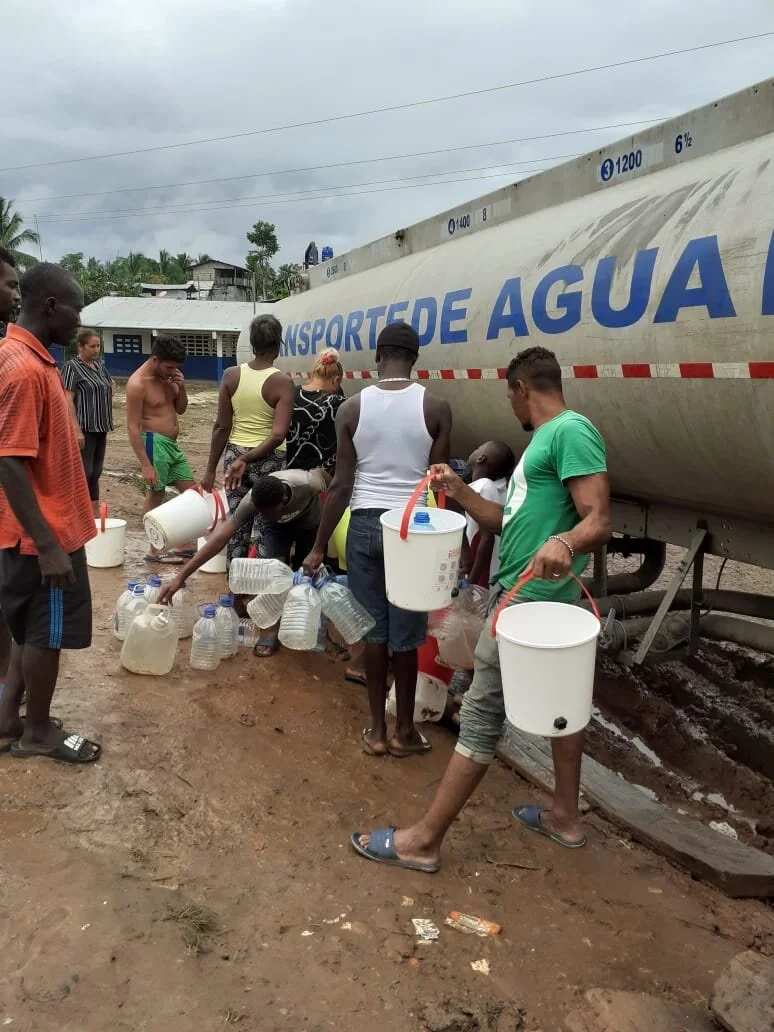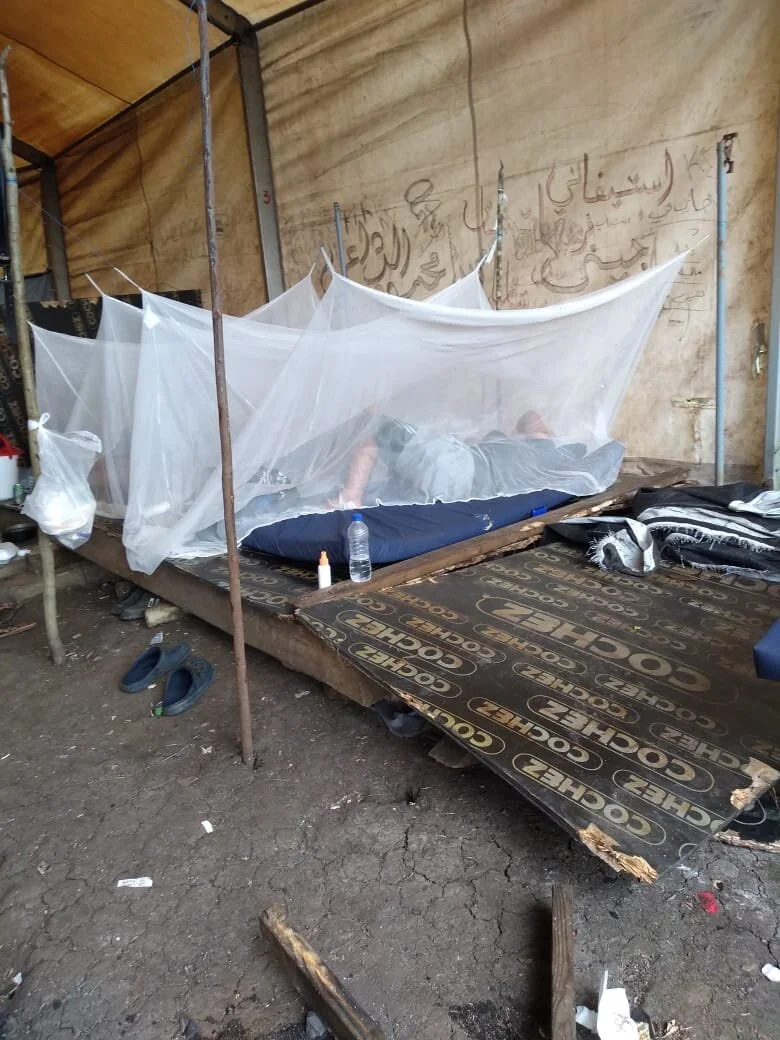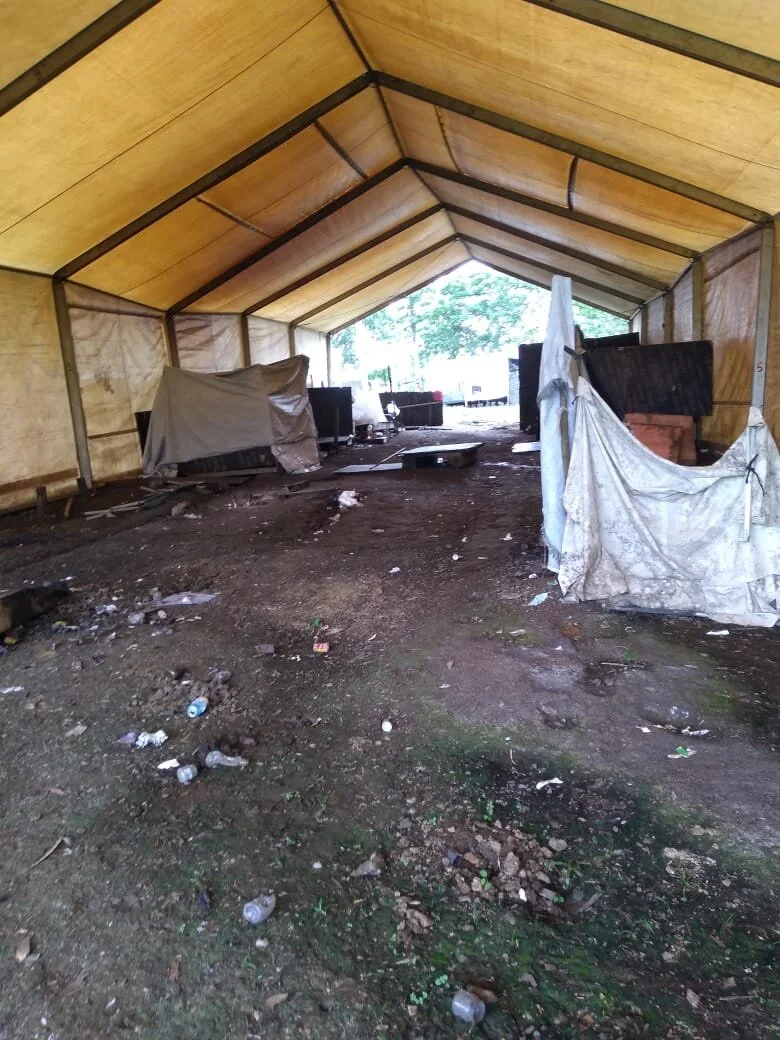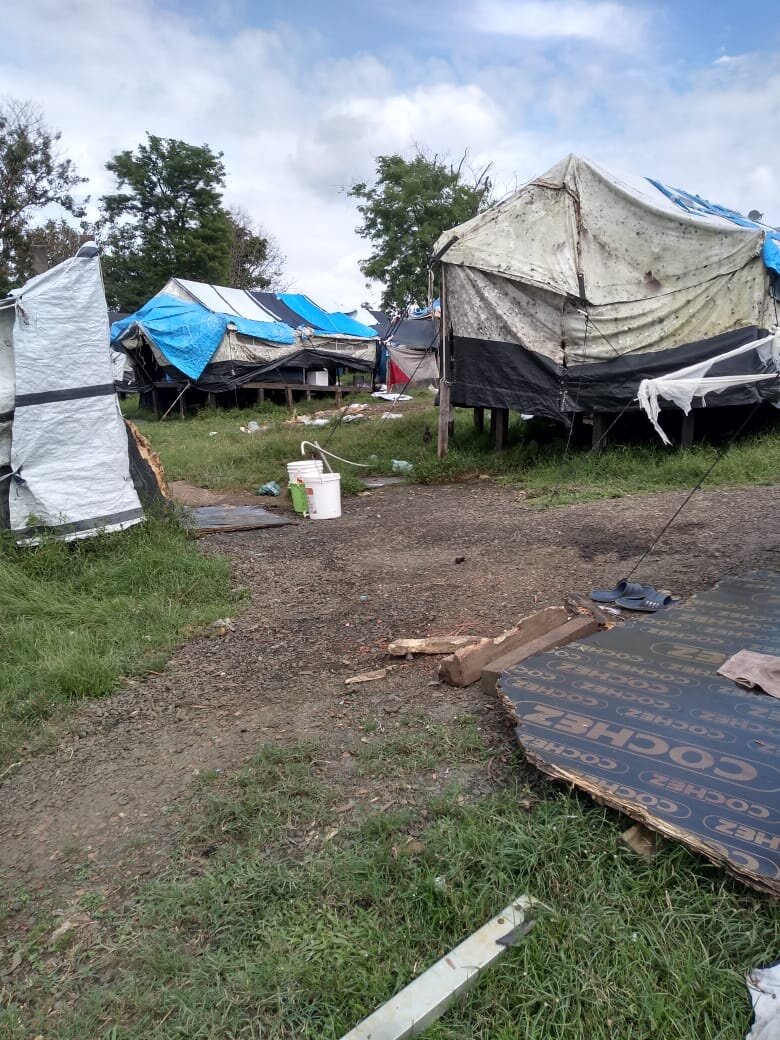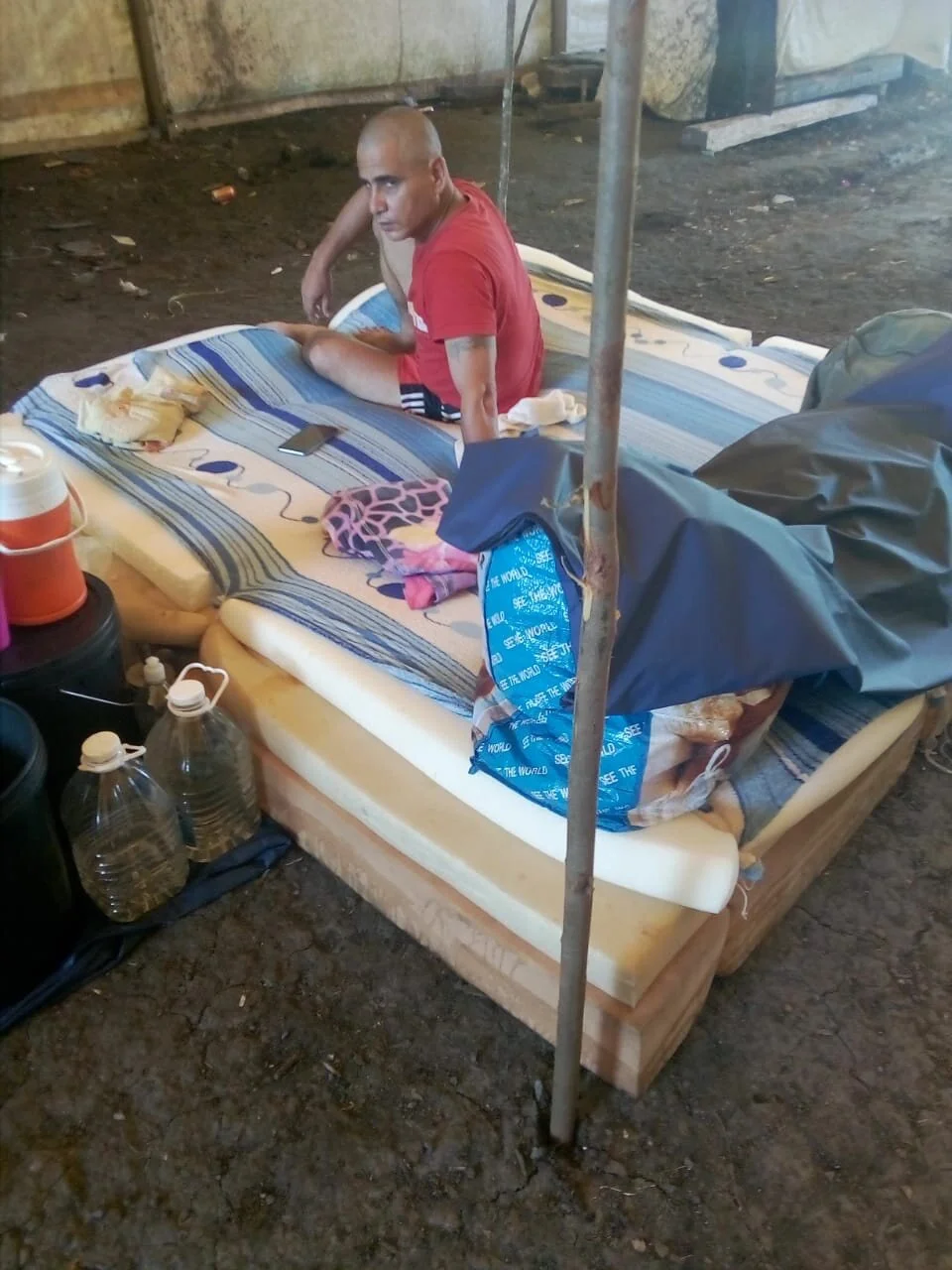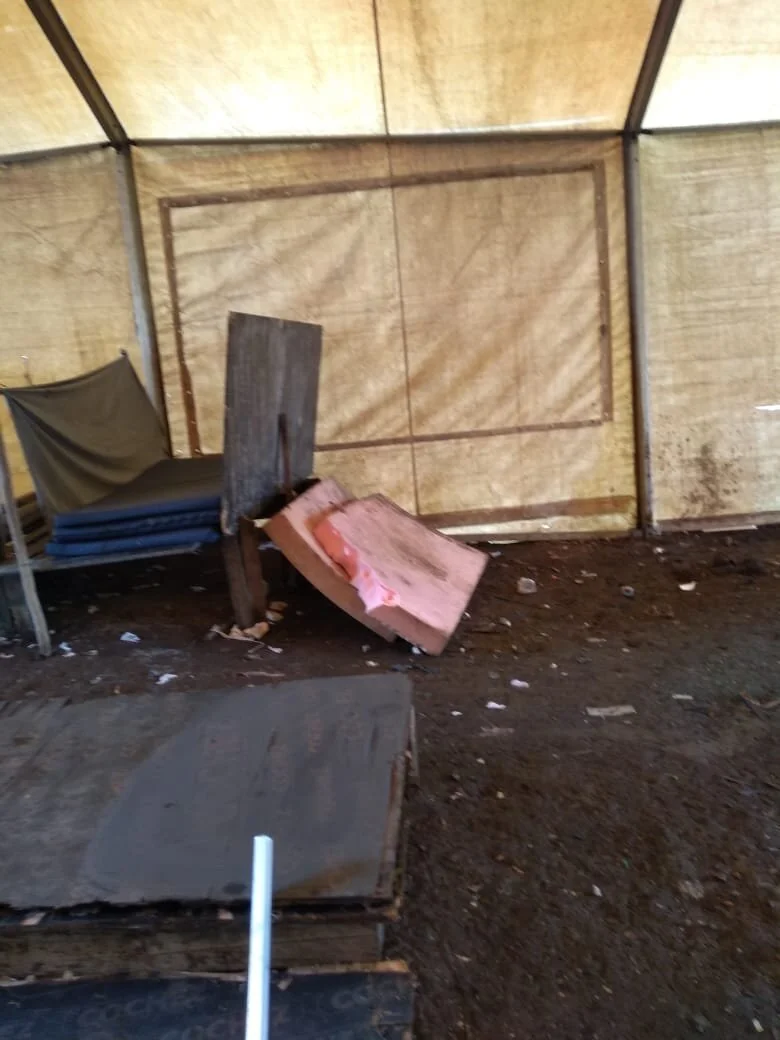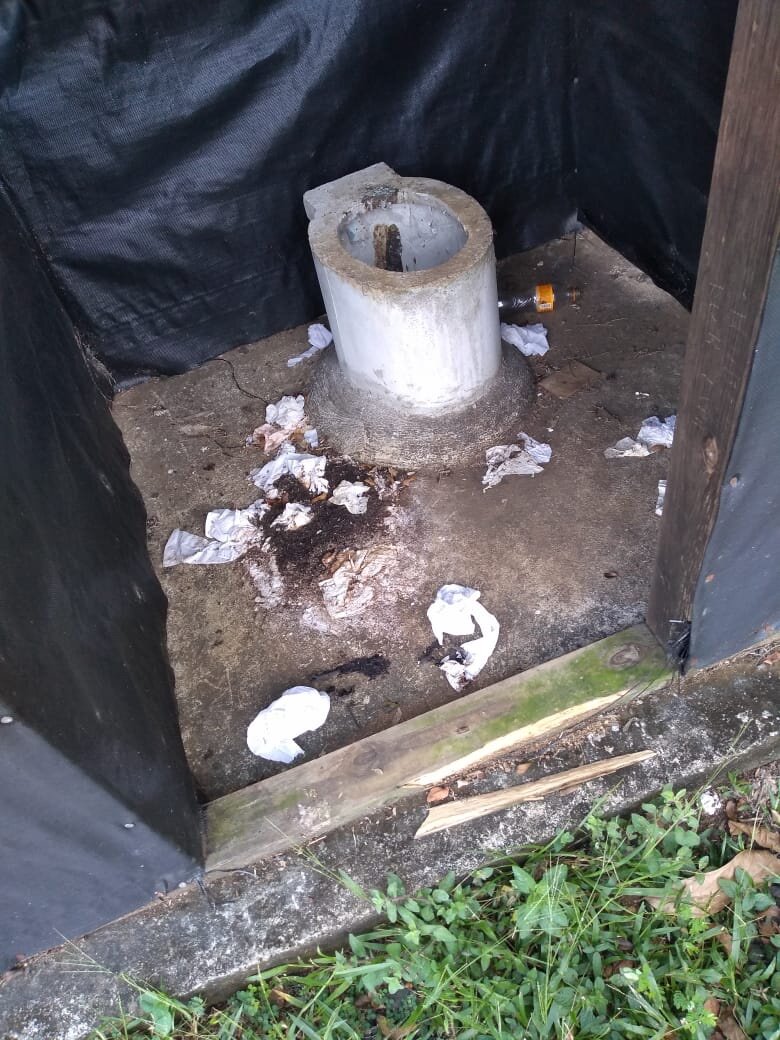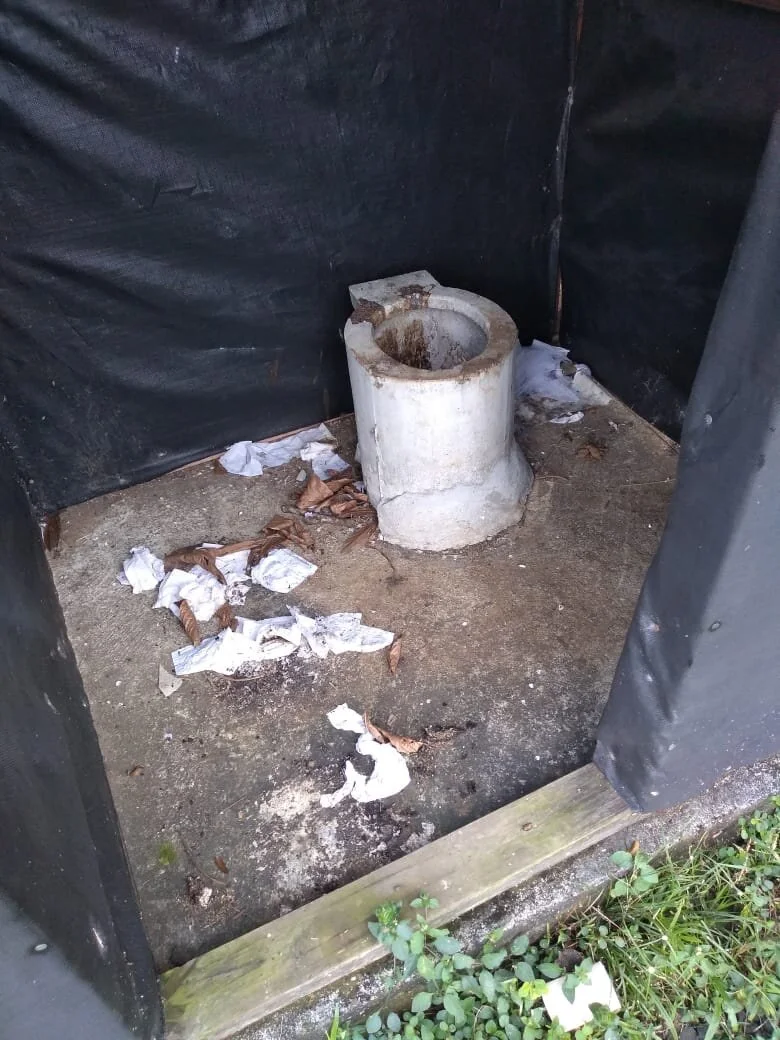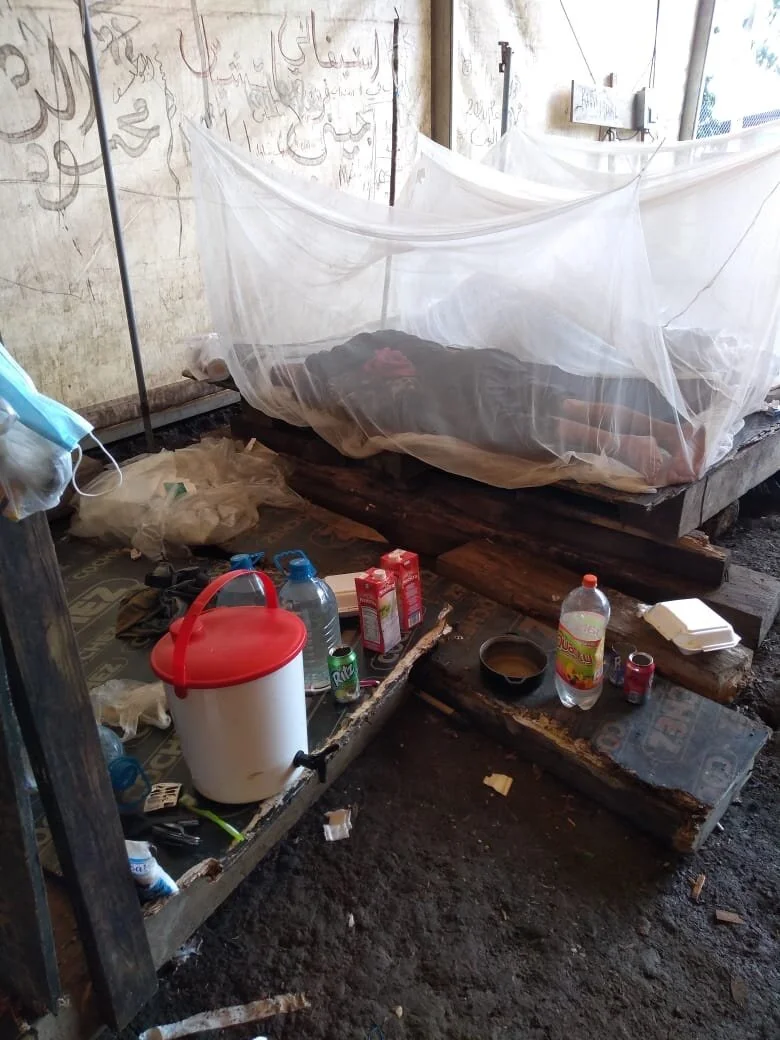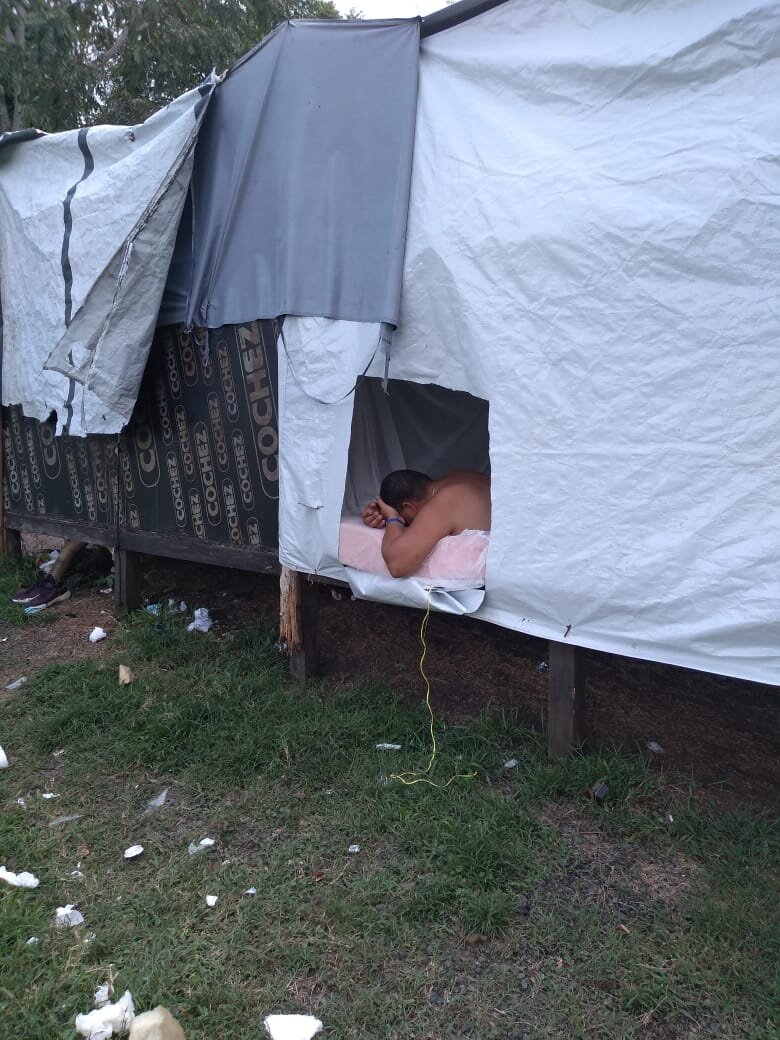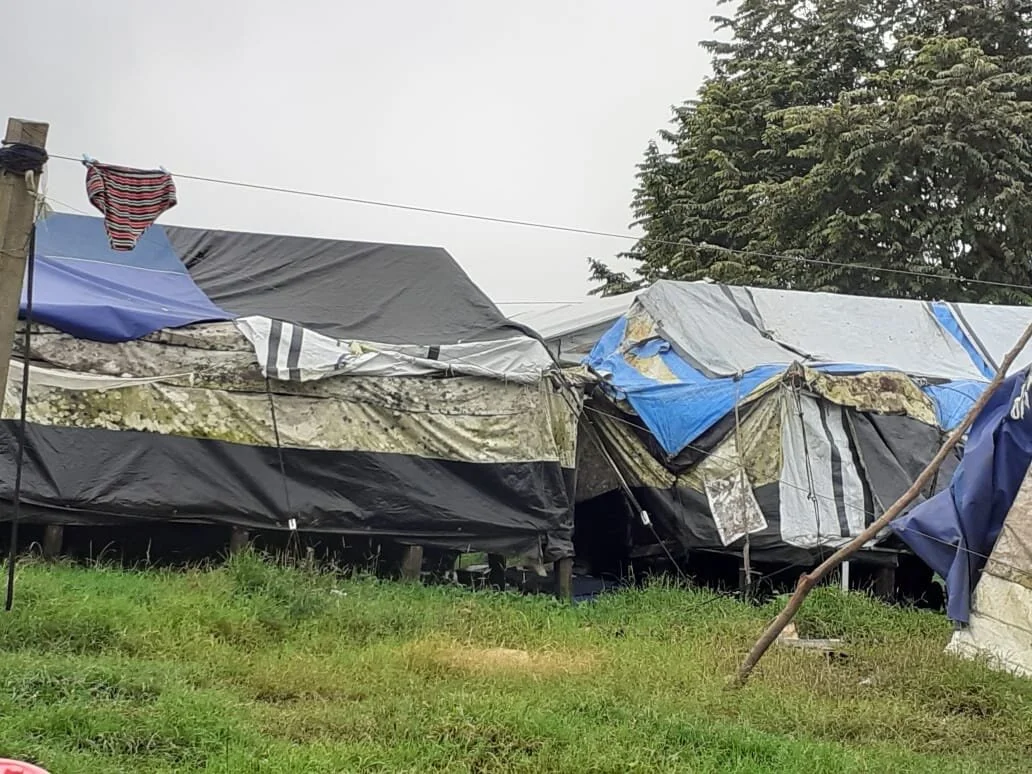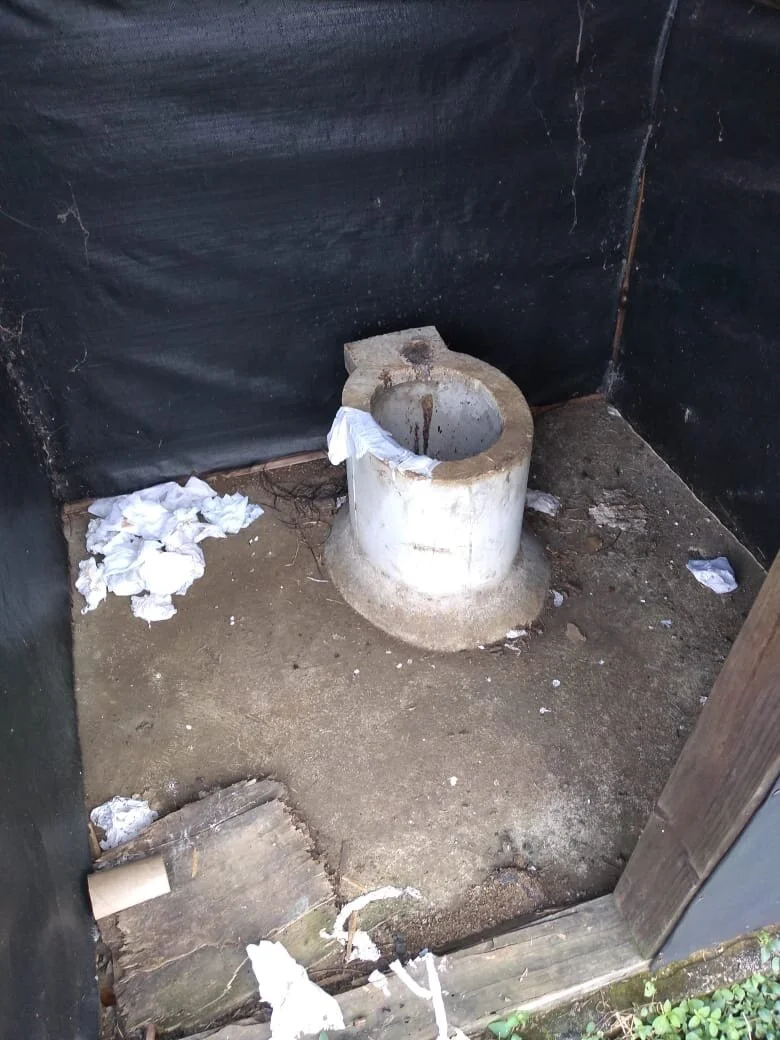Cruel, Inhuman and Degrading Treatment of Cuban Refugees in Panama
The following report from the NGO Cubains En Liberté based on an eye witness accounts, shows the cruel, inhuman and degrading on which Cuban refugees as well as migrants/refugees from other countries living in two camps in Panama (along the border with Colombia)
One of the main issues that merits a human rights accusation agains the government of Panamá is the video below is the degrading manner in which immigration officials in Panama such as the Peñitas Camp Chief have told Cubans that “it is more economical to dig mass graves than to build sheds.”
Democratic Spaces join Cubains en Liberté in denouncing the human rights violations perpetrated by Panamanian immigration officials (psychological torture and lack of medical attention, food and water) on refugees and migrants from Cuba and around the world while they cross through Panamanian territory.
BAJO CHIQUITO CAMP
Medical attention is deficient and there are no alternatives. There are no qualified medical staff to treat health issues that require urgent care. Refugees are therefore sent to a second camp.
There are no washrooms and refugees have to wash their clothes in the river.
Minor girls and women have been the victims of rape crossing the jungle, are sena to a second camp to get medical treatment which is not provided in its entirety. There is no police follow up either.
Getting to the next camp in Las Peñitas takes days and they are asked to pay a ¨rent¨of $3 to $5 dollars per person for their stay in the sheds of local indigenous people in the region.
There is no access to a first aid kit. Meds are not found anywhere and buying them is very expensive.
There is no running water, no electricity and food is raw.
This camp is very close to the jungle and it is divided by a river.
Las Peñitas Camp in Darien Province, Panama.
Tents are in a precarious state. They are on dirt floor, water runs through them. There is no electricity, medical attention is is deficient. The only access is to the Red Cross.
Medical attention offered by the Red Cross is only for diagnosis and healing. Their recommendations should be carried out by immigration but they don’t comply. Eventually medical attention is not provided.
Food is scarce (3 meals per day). Many time food is rotting and food is not categorized for children, pregnant and lactating women.
San Vicente Camp in Lajas Blancas
This camp is located within a private estate. Sheds/tents are badly damaged and are uninhabitable as water leaks when it rans and there is no electricity.
As per the reports from Cuban refugees, they describe their conditions as follows: “We live surrounded by animals (cows, sheep’s, horses, birds) that graze all day long and leave feces everywhere,” says one of the refugees.
Running water is only available 1 hour per day (from 1pm to 2 pm)
Personal hygiene kits are received very rarely.
There is no electricity, only power from an electrical generator to light up some areas in the camp from 6pm to 10 pm.
Food is as scarce as in the other camps described
Medical attention is efficient.
Immigration staff do not properly inform about the immigration processes and if they provide any information is only partial. They are known to constantly mistreat migrants.
The political asylum claim is requested but the staff in charge to handle that process is never available and only employees from the Ombudsman Office show up. They say the process takes from 3-4 months and we have to wait for a response in the camps. They never inform about programs for migrants to apply.
Gualaca Camp in Chiriqui Province, Panama.
Refugees usually escape from this camp as the immigration office does not provide travel documents to cross Panama to Costa Rica.
This camp is within 20 meters of a croc infected river and lots of poisonous snakes.
Migrants are reported to being subjected to physiological tortures as officials abuse our rights claiming we are in their territory.
The “controlled migratory flow” is interrupted as expectations from the migrant community are not met.
Panama took the decision to isolate 200 migrants in a remote area, after many of them were tested positive for Covid-19. Confined in an improvised camp, migrants from African nations, Haiti, Cuba receive food and medical services but many complaint about their scarcity and the bad water quality.
Some of the migrants come from rural areas in Congo and their final destination is the United States.
As of January 26, 2021 Panamanian authorities decided to reallocate migrants to a fourth camp in an unknown location.
Migrants transferred from the Quarantine Camp in Lajas Blancas are subjected to a harsh requisitions, confiscating personal belongings such as shaving machine, hair trimmers) with the excuse it is to follow a biosecurity protocol.


